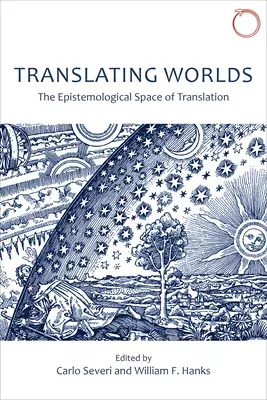Translating Worlds: The Epistemological Space of TranslationPaperback, 15 December 2015

Qty
1
Turbo
Ships in 2 - 3 days
In Stock
Free Delivery
Cash on Delivery
15 Days
Free Returns
Secure Checkout

Part of Series
Special Issues in Ethnographic Theory
Part of Series
Hau - Special Issues in Ethnographic Theory
Print Length
338 pages
Language
English
Publisher
Hau
Date Published
15 Dec 2015
ISBN-10
0986132519
ISBN-13
9780986132513
Description
Product Details
Book Format:
Paperback
Country of Origin:
US
Date Published:
15 December 2015
Dimensions:
22.86 x
15.24 x
2.79 cm
ISBN-10:
0986132519
ISBN-13:
9780986132513
Language:
English
Location:
IL
Pages:
338
Publisher:
Weight:
476.27 gm